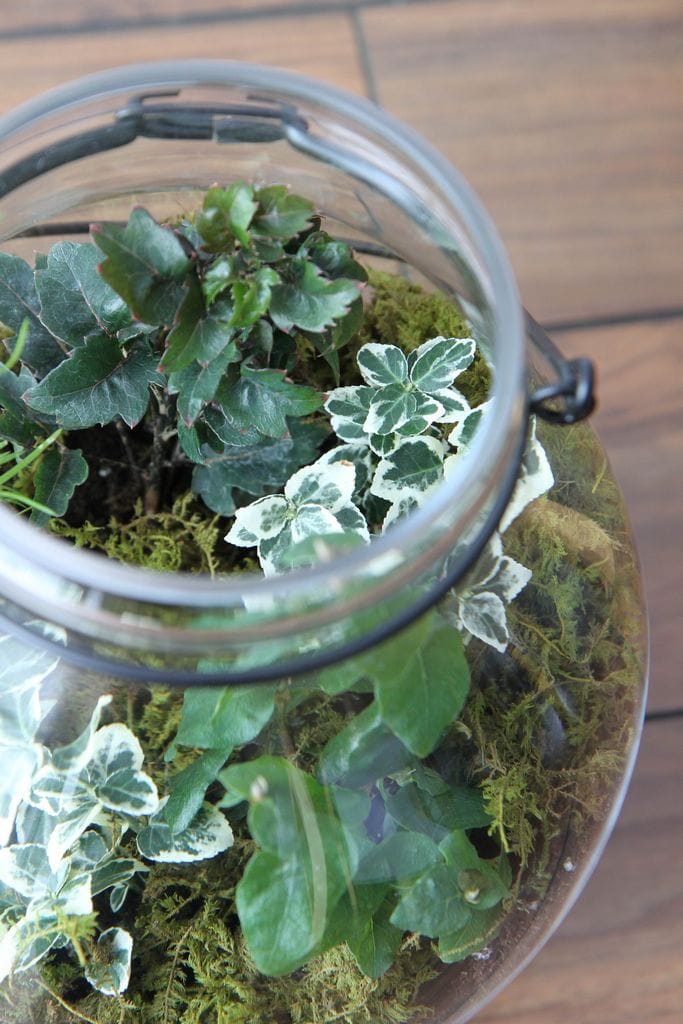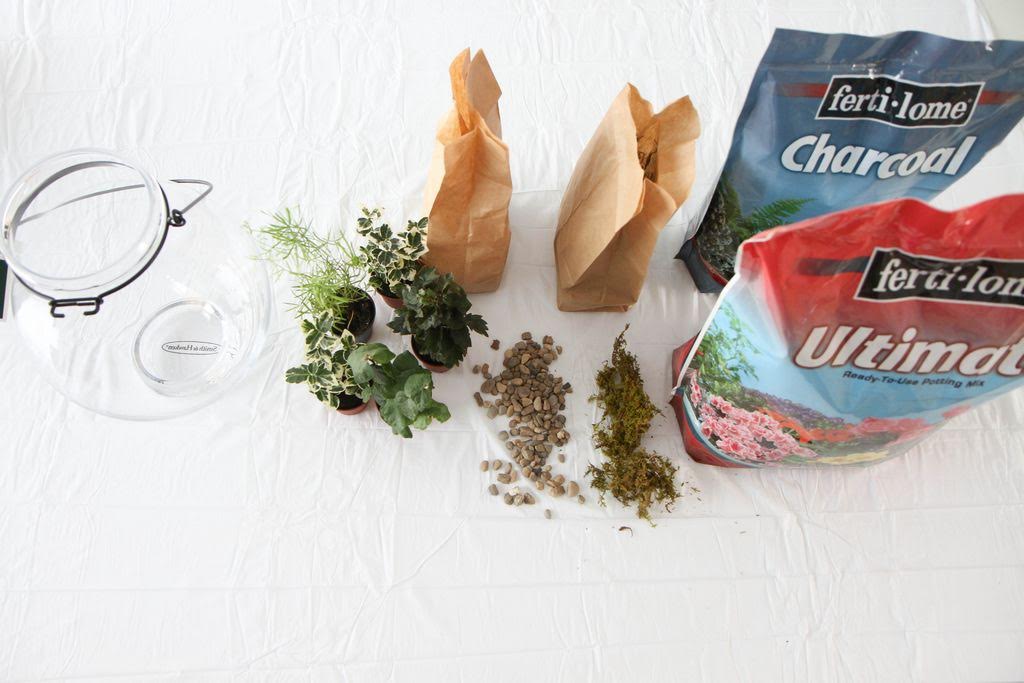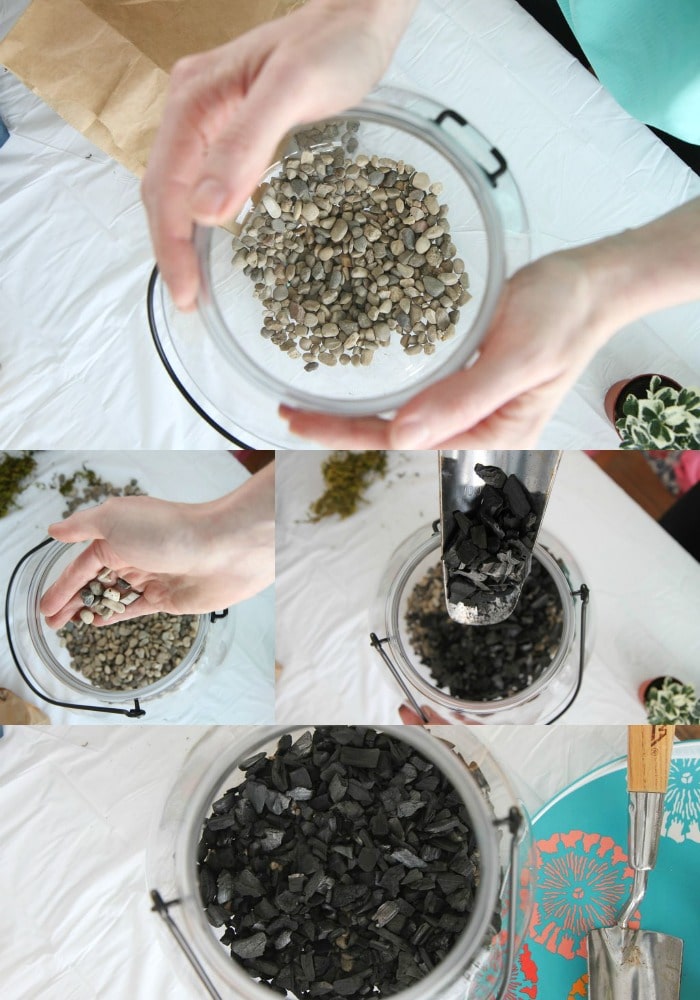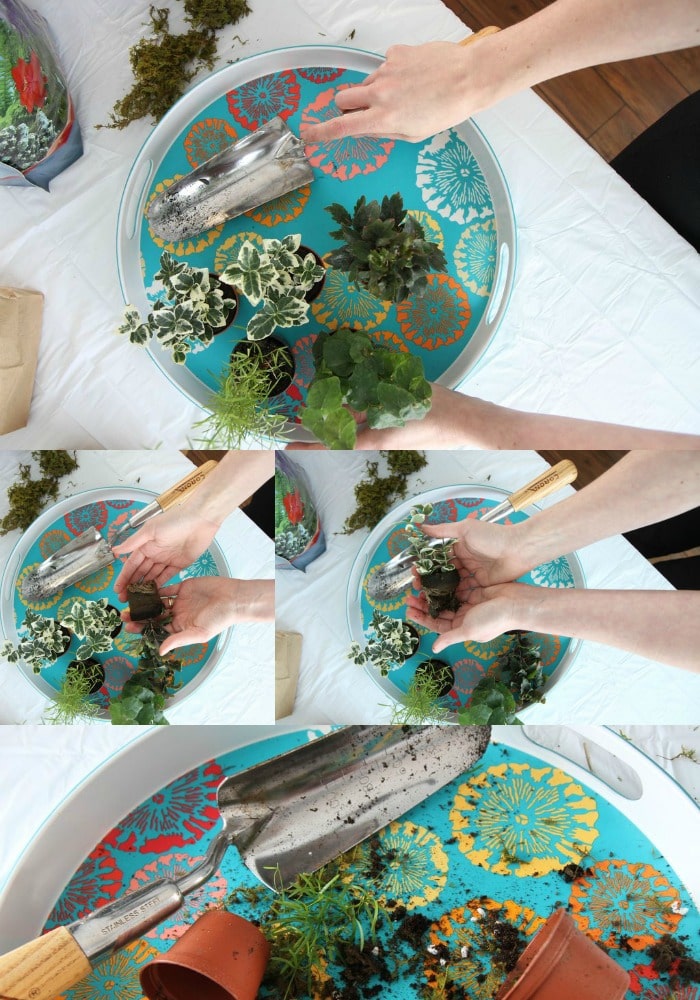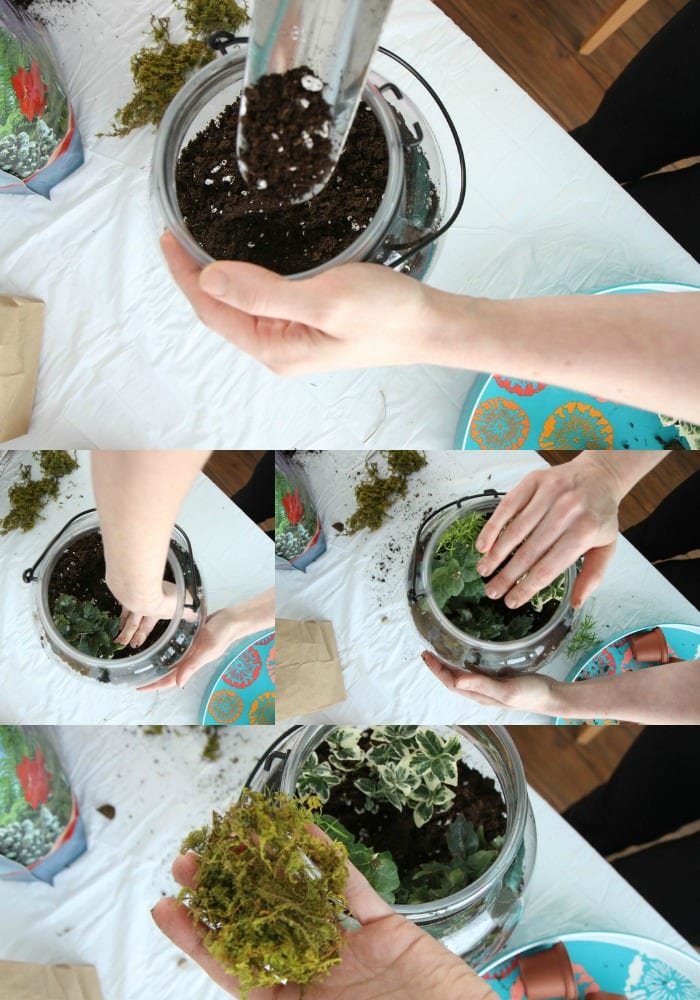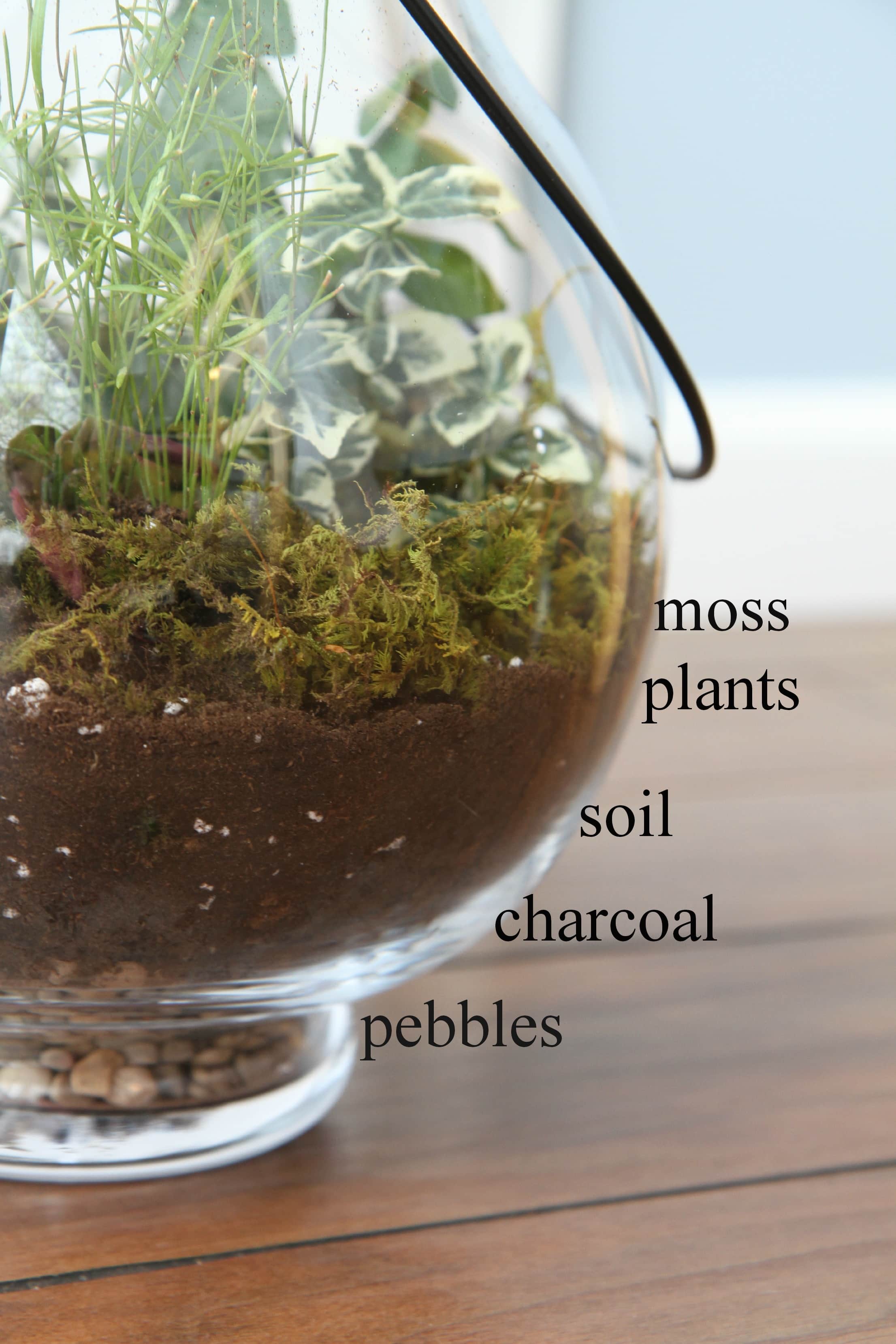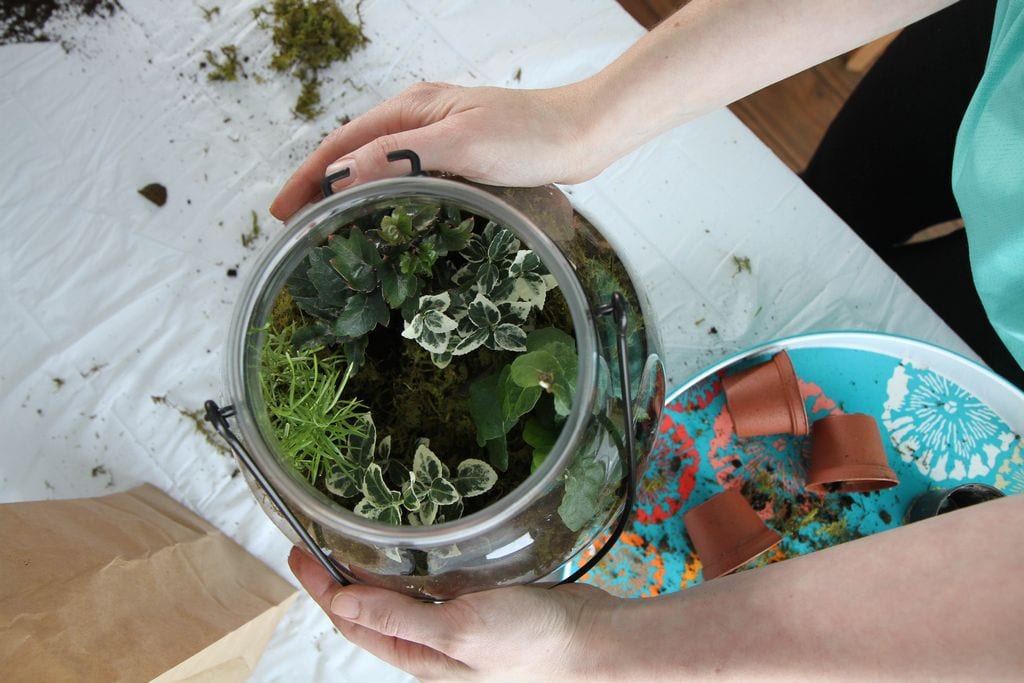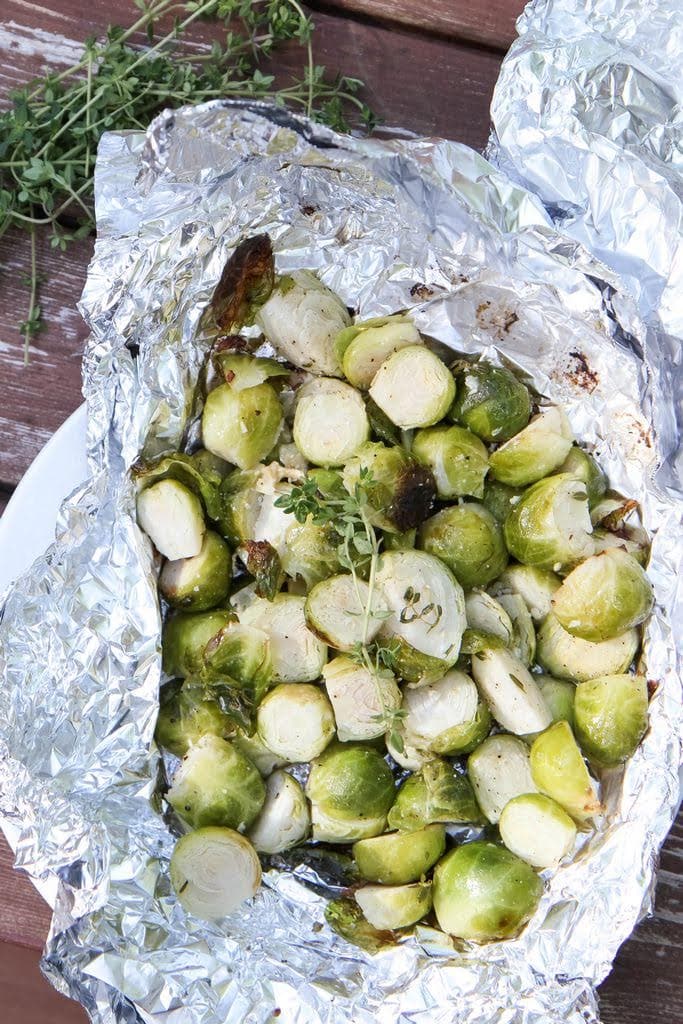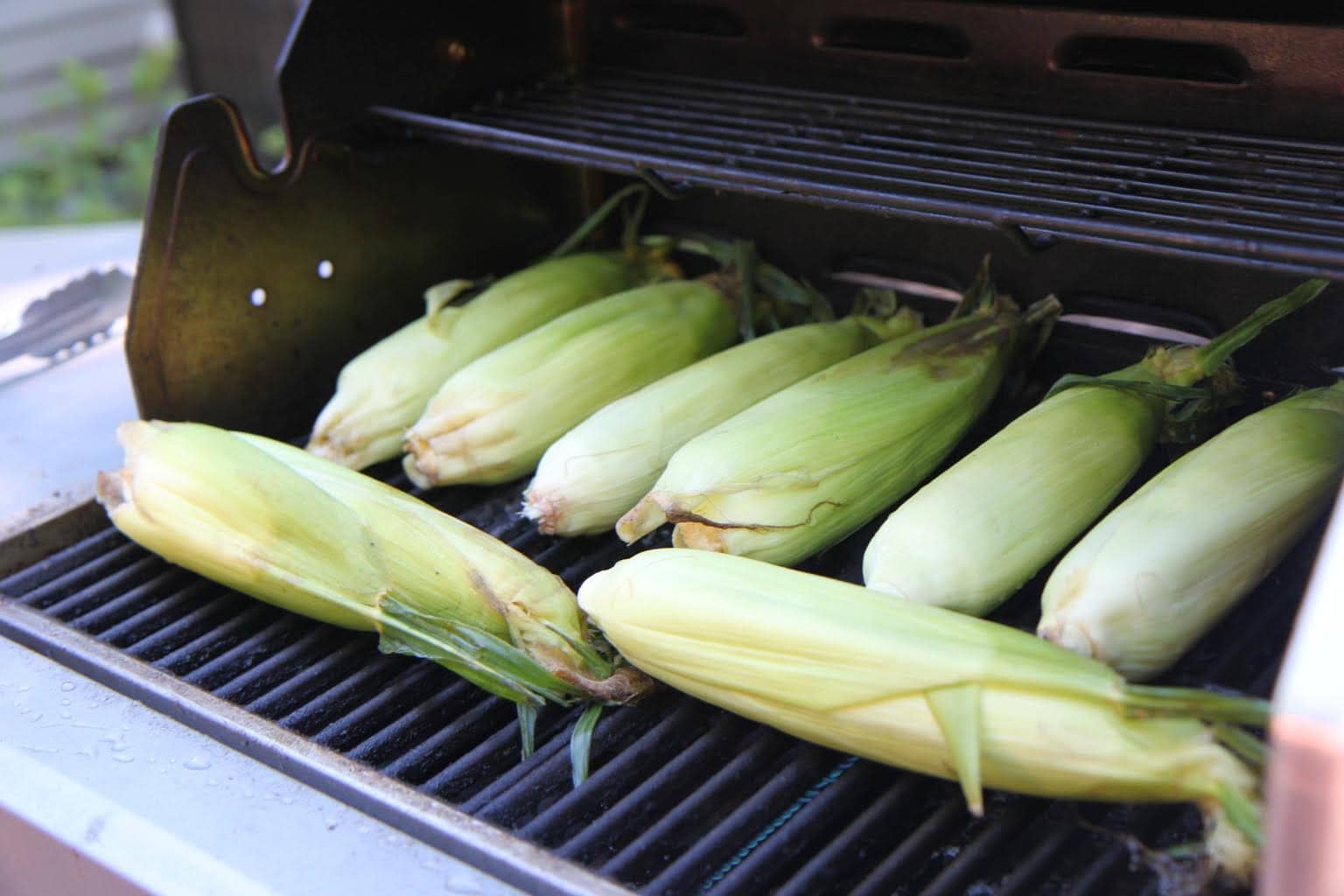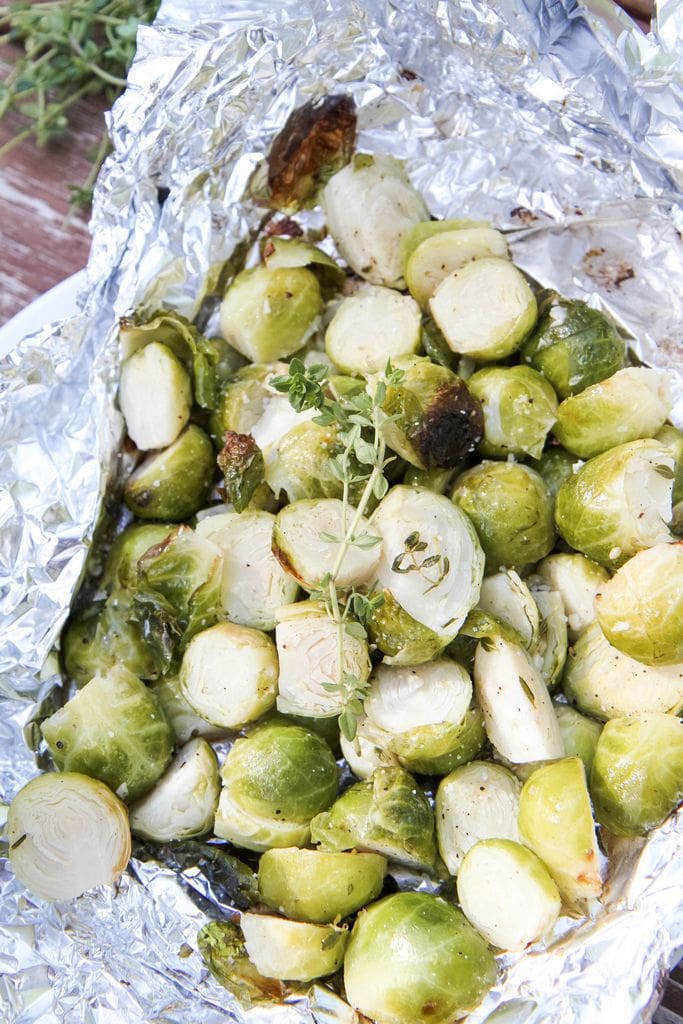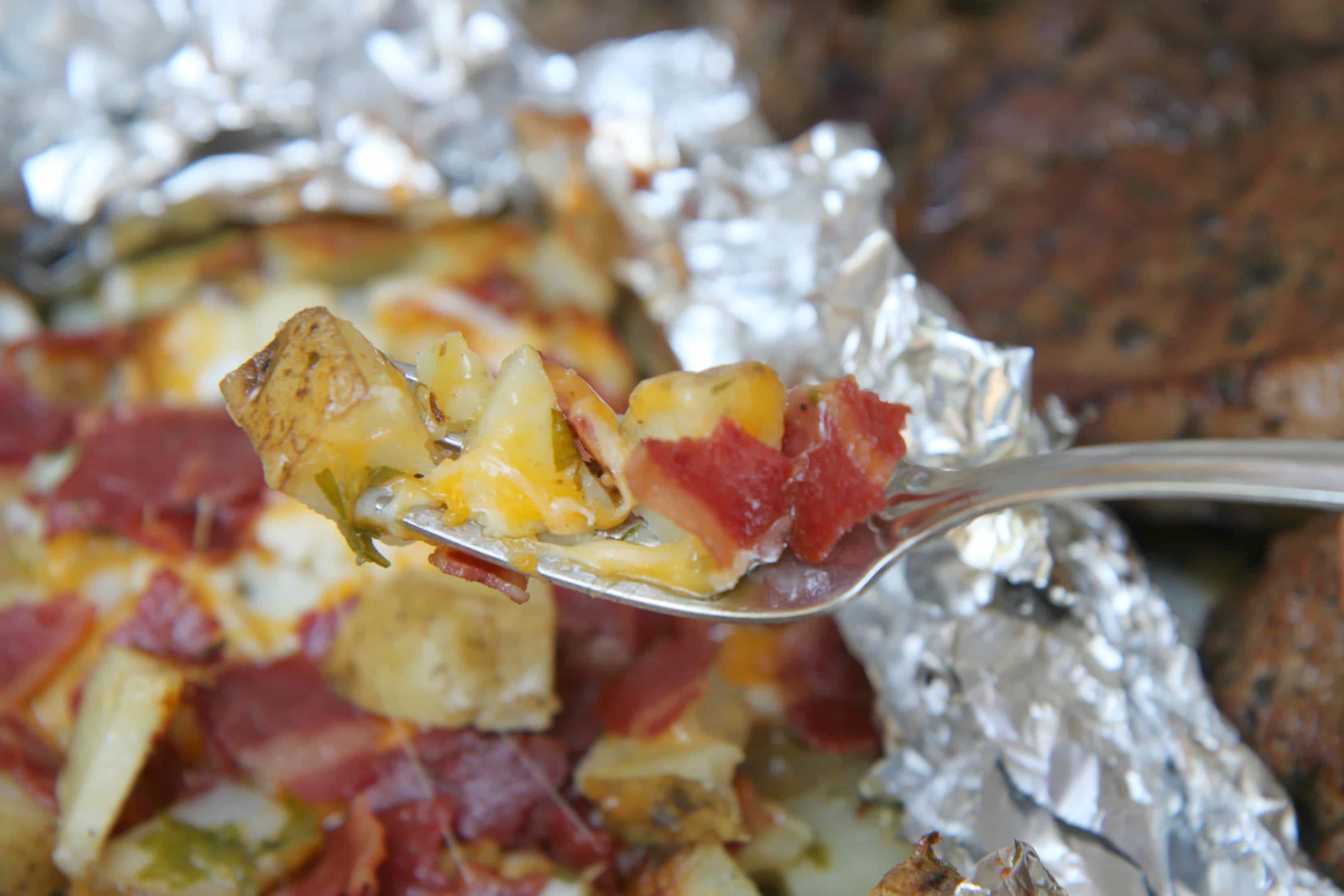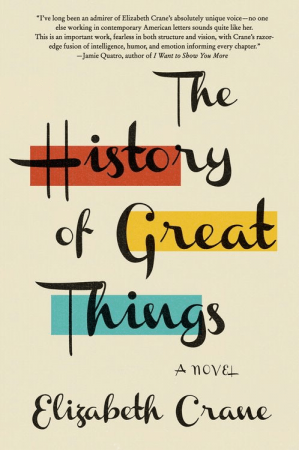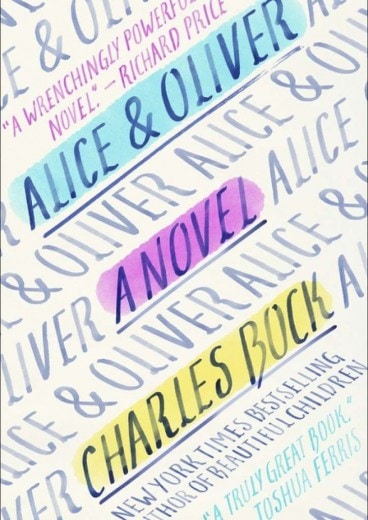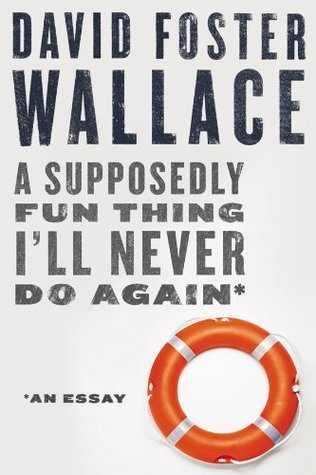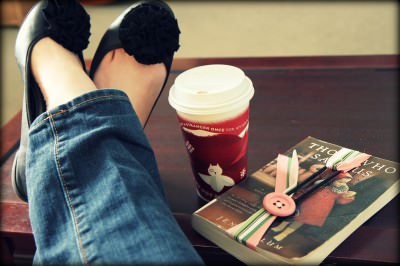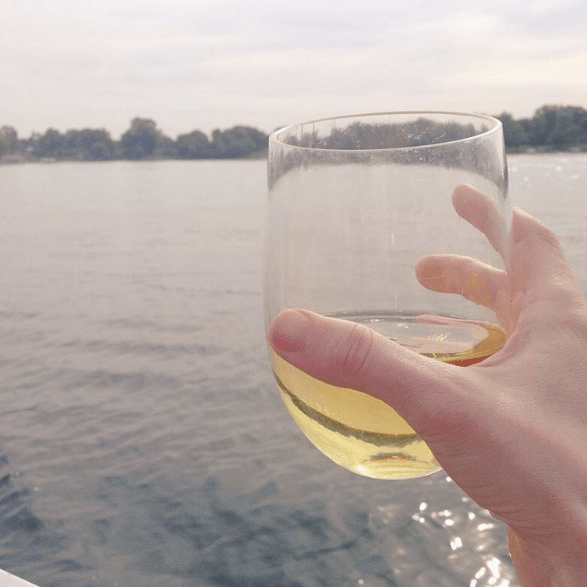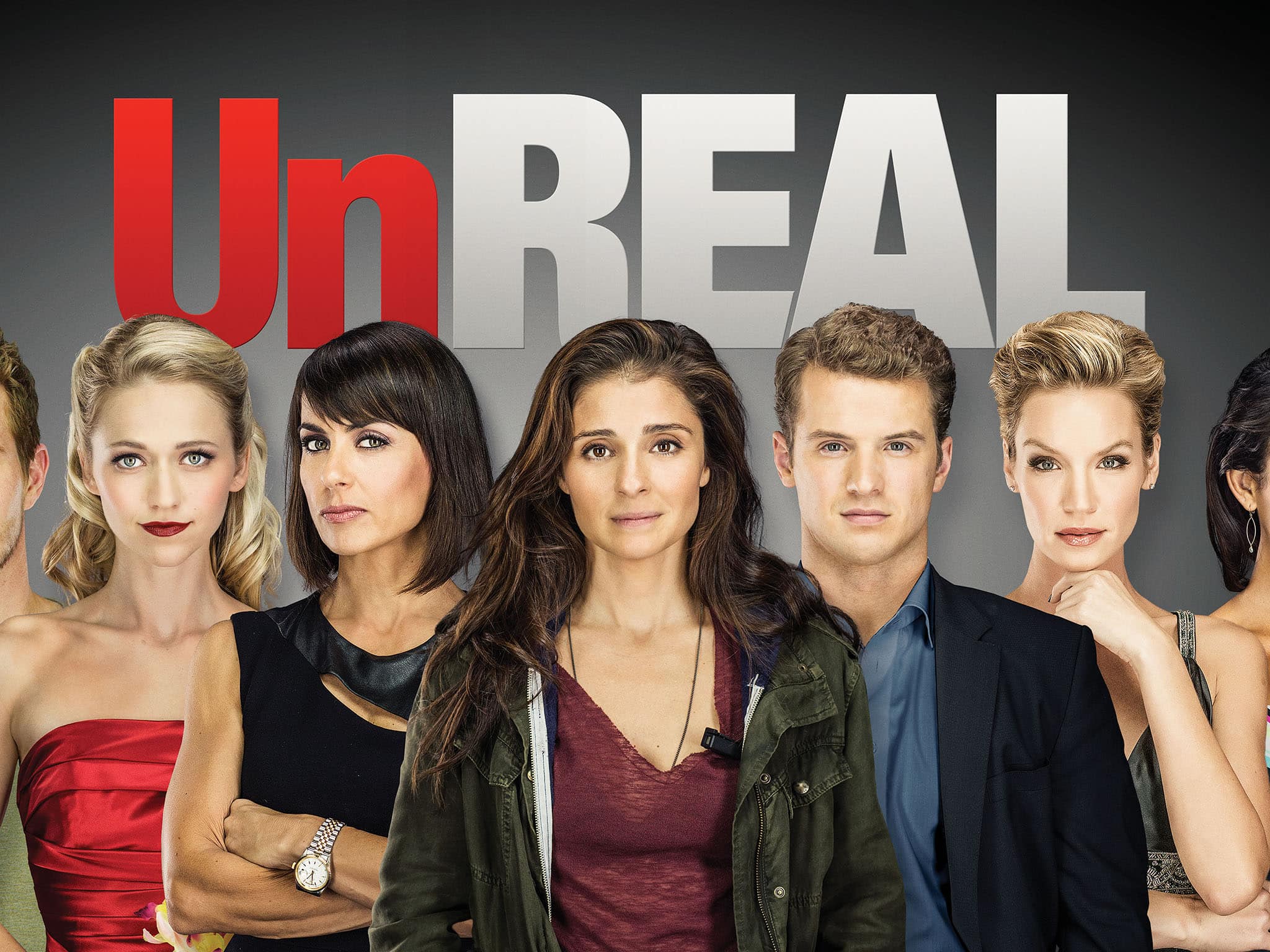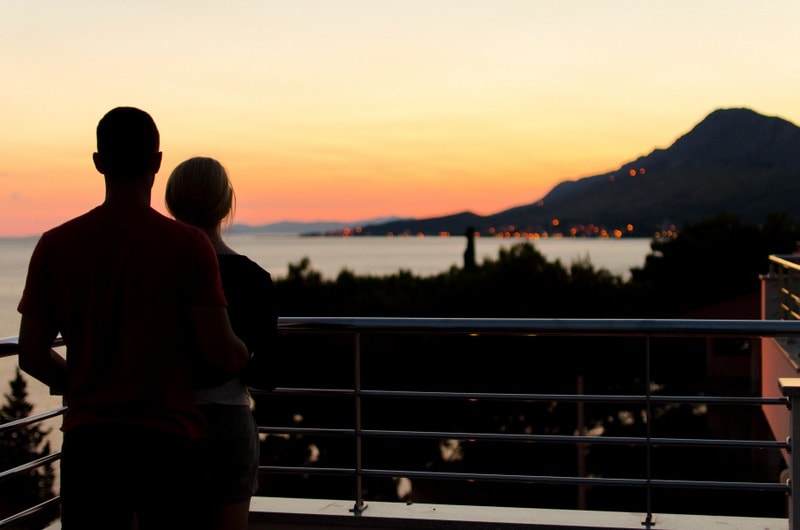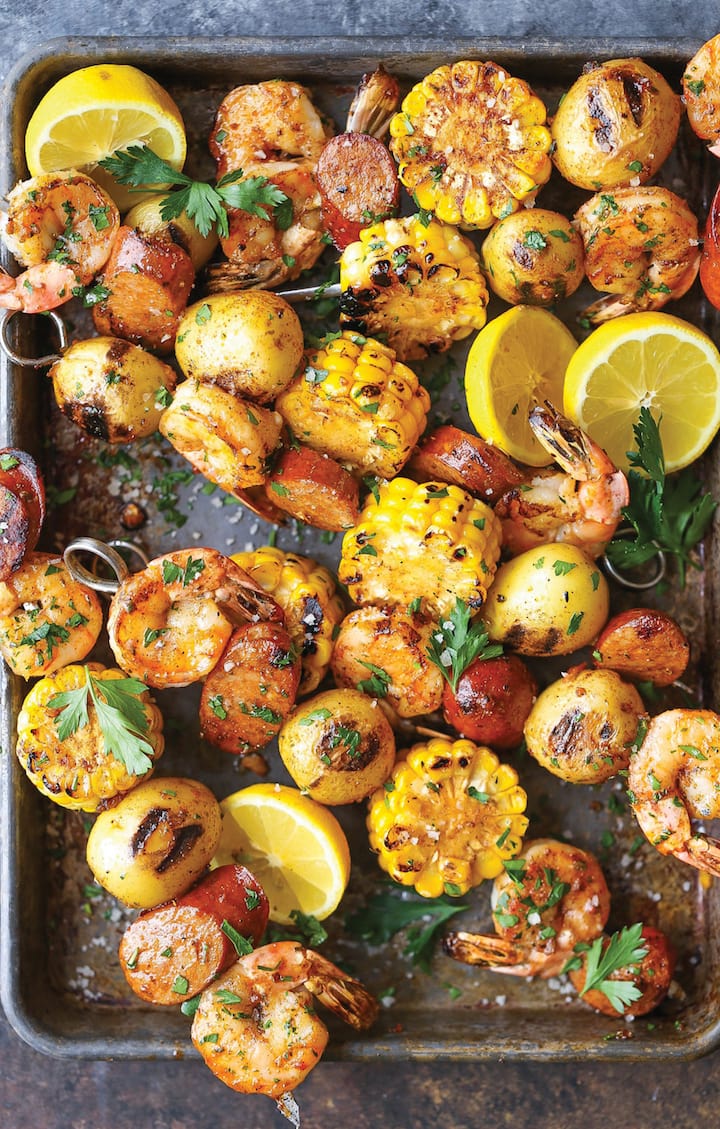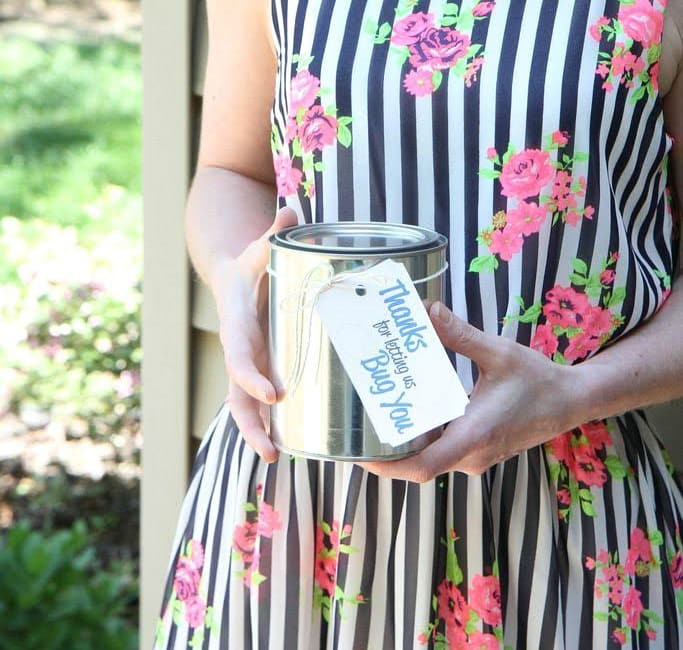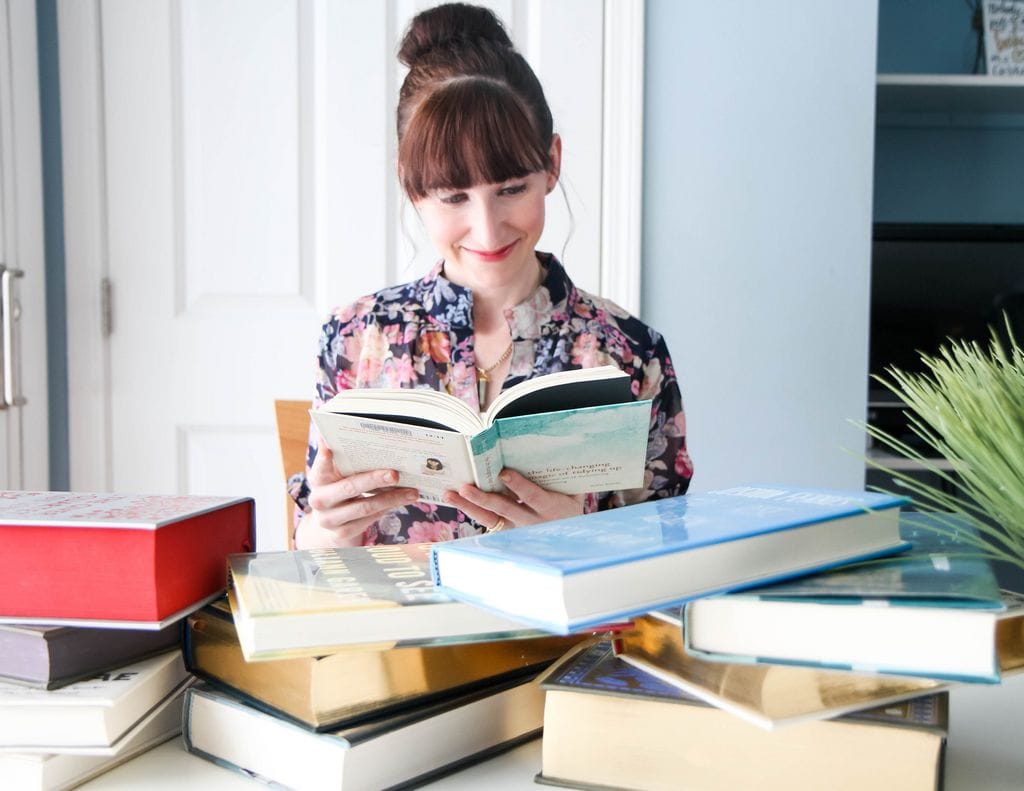
Girls on Fire has been on my radar for months and I put a hold on it at our library months in advance to be first in line for it. Yup, I’m one of those people. I am such a big fan of the dark and gritty thriller genre and this one delivered quite the punch for a great summer escape. Longtime readers know that I don’t shy away from racy books and today’s book is a bit darker and racier than my usual selections, but I really enjoyed this exploration of a twisted friendship set in an era that I remember rather fondly…the ’90’s. As soon as I finished it, I passed it on to my best friend because it is the kind of book you want to share with someone else so you can talk about it.
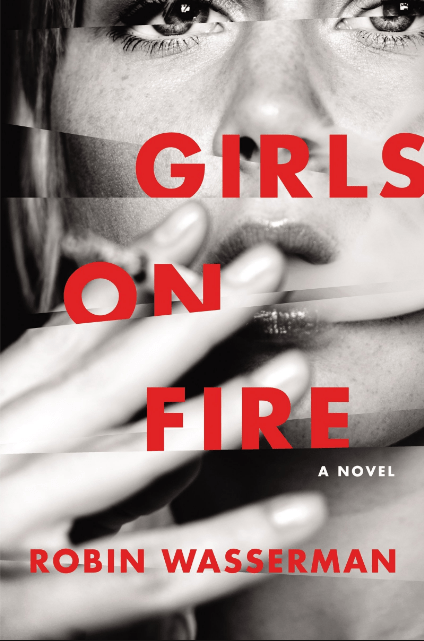
Girls on Fire is the first adult book from Robin Wasserman and it is ADULT so, readers, be warned! Follow down the path of Dex & Lacey, two social outcasts who find comfort and friendship in one another through a mutual dislike for the high school queen bee. When one of the popular kids commits suicide in their small town, we are quick to see that things are often as they seem as Lacey’s dangerous interactions start coming to light. Set in the ‘90’s with plenty of nostalgic flashbacks, it also laces in the beginning of the twilight of the satanic panic that plagued this era.
Due to the language, sex, and violence in this one, this will be a pretty polarizing book that you will either really love or really hate, much like how I felt about Luckiest Girl Alive (read my interview with Jessica Knoll here). I found it to be a great summer escape and a well-woven plot although, as a reader, I often wondered if some of the scenes were set up to shock you rather than to move the story forward.
Once I closed the book, I raced to my computer to see if I could secure Robin for our series. I am thrilled to have her join us today to talk about this book as well as writing from an uncensored place. As someone who constantly is worried what her readers might think of her if she gets a little too real, I appreciate learning about writing from a more open place.
Grab your coffee and let’s chat about Girls on Fire today!!
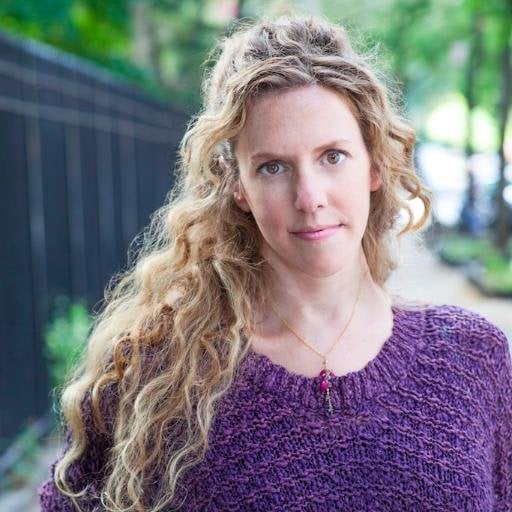
So many writers are making the switch from writing Adult Fiction to Young Adult this year. You took a different path and went from writing for young adults, for over a decade, to writing for adults. Since this book is still exploring adolescence, why did you decide to take this path? Did you feel like it gave you more freedom in your writing since you didn’t have to write for the adolescent mindset? Do you think you will continue writing for adults?
When I started this book, I decided to do my best not to think about the market, how it would be labeled or sold. I just wanted to get the story down and let the characters take me wherever they needed to go—so the shift from young adult to adult (whatever that actually means on the page) is something that happened mostly organically, I think, as the characters, plot, and style evolved over the course of many drafts. But at some point in the revision process, I did start thinking about this more as a book for adults than for teenagers, and while I wouldn’t say that freed me of any constraints—I never felt particularly constrained by YA!—it did give me the luxury of writing a somewhat more retrospective story, putting a little distance between myself as writer and my adolescent characters. The book gradually became not just a story about teenage girls, but a story about girlhood itself, an examination of adolescence—and vehicle for all the thoughts and opinions and arguments on girlhood that have been simmering in me for the last decade. I think there are a lot of YA writers out there who do this with work—but for me, the shift to a different audience turned out to be the key that unlocked that part of my brain. It gave me the permission—maybe even the directive—to take a step back and think about the bigger picture. To take different kinds of risks with the narrative and the writing. And yes, it’s definitely become addictive, as is the freedom to write adult characters—so I’m planning to write a lot more of it in the future!
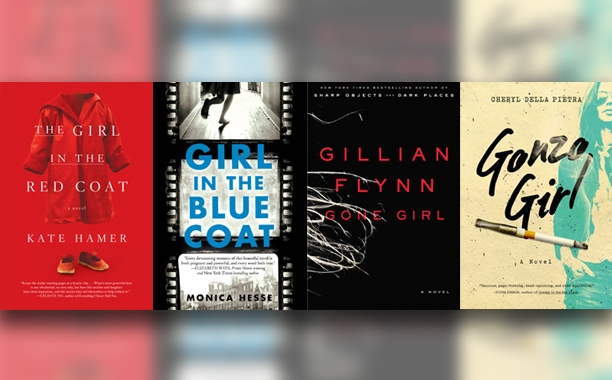
source: ew
My husband and I were laughing because six of the books that I have on my Kindle right now all have, “girl” in the title. I also read your article where you addressed this phenomenon in literature (it was fantastic!). Did you worry about the overlap with other books with this word in the title or do you think that the word, “girl” is a little bit of the secret sauce to a successful thriller?
I don’t really believe there’s a secret sauce to success, but if there is, I’m pretty sure it’s not something as simple as a word in the title. As I said in the LitHub essay, I think of myself as a contrarian so it chafes a bit to have accidentally thrown myself onto this bandwagon—it sounds ridiculous now to say that the “girl” trend didn’t even occur to me when I titled this book, but it’s true, and if it had, I probably would have come up with something different. (That said, I’m glad I didn’t, as this has been Girls on Fire since I first started writing it and I can’t imagine any title that would feel as right.) I don’t much worry about any potential overlap, and despite my contrarianism—or maybe because of it—I’ve come to embrace the idea, because as I argued in LitHub, I think you can see the plethora of “girl” titles as a new cultural engagement with and anxiety about what it means to be female, a reaction against marginalization and knee-jerk categorizations. Over the last couple years I’ve become increasingly enraged by the way society treats adolescent girls and I think the marginalization of their story—and their voices is a big part of that. If the increase in “girl” titles is, at least in part, a movement toward acknowledging the value of girlhood, the narrative power of that story, then it’s a movement I’m proud to be part of.
Your writing feels raw and uncensored as you explore a lot of dark and gritty themes in this book. Did you ever worry about how “adult” your book was going when you were writing it, particularly some of the sexual content that it contains? Were there any scenes that you found difficult to write?
When I’m writing, the idea of an eventual reader seems so hypothetical as to be almost literally unimaginable, so I rarely censor myself or the places the story goes. With this book in particular, as I said above, I was really trying to force myself to draft it in isolation, and I think that was necessary for what the story turned out to be. I can remember pretty vividly coming up with the idea for—well, let’s call it The Thing That Happens in the Woods. I remember thinking, Wait, can I actually do that? Is that allowed? And there was such delicious satisfaction in the realization that I could. Who was going to stop me?
I don’t know what it says about me that the dark and gritty scenes aren’t particularly difficult to write and the intensely emotional ones often tend to come the easiest. I think it’s one of the reasons I’ve gravitated toward writing adolescent characters—because my memory of adolescence is that it’s a bloody emotional battlefield. Anything but dark and gritty would feel like a lie.
Lacey & Dex have a toxic and all-consuming friendship in this book and the reader gets to go down this twisted tunnel with them both. Did you have any intense friendships like this when you were growing up? Which of these two characters did you feel you related to most when you were a teenager?
I was very much a Dex growing up, and I did live my adolescent life in pursuit of the ultimate Lacey, attaching myself to a series of wild (or wild-ish) girls who seemed like they could give me the permission to be reckless, or at least plausible deniability on those rare occasions I seized it for myself. But none of those friendships ever quite took; they never turned into what I wanted them to be, probably because what I wanted was a self-immolating collision of souls, and that’s a somewhat tall order. I think one of the reasons I’m so fascinated by the all-consuming friendship is precisely because I never quite found it—I was obsessed with the idea of being obsessed. Of finding myself a soulmate that I could lose myself in. The romance of that kind of best friend—the certainty that it would change everything, would save me—loomed very large over my adolescent horizon, and pretty clearly took root in my subconscious.
Dex’s dad tries to take Lacey under his wing since she doesn’t have any positive male role models in her life. Do you think this friendship went past the appropriate boundaries? Did you sympathize with her father and that need to still feel cool?
Oh, I’m pretty sure this friendship went past appropriate boundaries! I have great sympathy for all characters involved and the choices they made—though my greatest sympathies, as I hope is evident (though I gather is not) lie with Dex’s mother, who’s forced to play the grown-up whether she wants to or not. Her husband has put her in an incredibly untenable position, her daughter lacks all empathy for her, and she somehow manages to soldier on and do the right thing, without holding too much of a grudge against either of them. I imagine things might have gone very differently had Lacey thought to cozy up to her instead!
Which character did you have the most fun writing in this book? Were there any scenes, in particular, that you enjoyed writing?
The scenes that felt the best to write tended to be the most painful, filled with rage and misery and trauma, so I’m not sure “enjoyed” is the right verb to use there. But I guess you could say the scene, early on, where Dex and Lacey drop acid at church and then wind up making some very ill-advised choices in a nearby field, has a special place in my heart—that was originally (and in very different form) the second chapter, and writing that scene is the moment the book took flight for me. With that scene, I realized this was a book I had to write, no matter what, and that it was going to be a very different book than I’d ever written before.
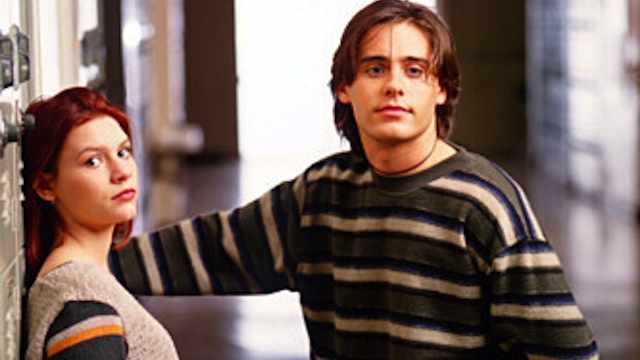
Since I grew up in the ‘90’s, I appreciated all of the nostalgia of this era in your book. How much fun was it to write about this time period? Also, if you could bring one thing back from the ‘90’s, what would it be?
Massive, massive amounts of fun. Suffice to say my research involved a lot of grunge music and a lot of old episodes of the Real World, not to mention an unfortunate and embarrassing deep dive into my old high school yearbooks. It’s an excellent question, though, what I would bring back—maybe overalls! Sartorially ill-advised but oh, how I loved them.
I might also bring back My So-Called Life era Jared Leto.
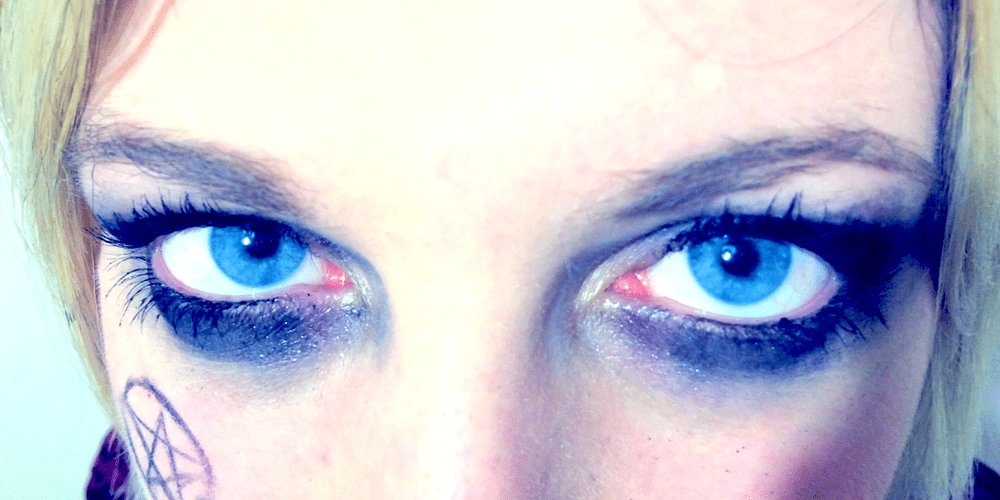
You write about the twilight of the Satanic Panic that happened in the ‘90’s which is something that I had forgotten about. Why was this an important part of your story? Do you recall this panic in your own town when you were growing up?
If you’d asked me this question last week, I would have said that I grew up in the suburbs and the Satanic Panic never touched us—but just the other day I got an email from a guy I went to high school with who’d read the book and was reminiscing about all the rumors about Satanists performing dark ceremonies in our local cemetery. I have no memory of this whatsoever (and I was so out of the loop in high school that most rumors never reached me), but I guess it’s testament to how widespread these fears really were. The Satanic Panic element of the book was there from the beginning—it was one of the original inspirations for the novel, and dovetailed perfectly with one of the larger themes I wanted to explore, this question of the porous boundary between fears for our children and fears of them. The Satanic Panic—as Richard Beck has argued very persuasively in We Believe the Children—began at least in part as an outgrowth of anxieties about working mothers. This was the first generation of latchkey children, and I think it’s fascinating to think about how in the 80s, people were consumed with panic about what might be done to the kids when their parents left them behind…but by the ‘90s, the children grown into teenagers, the new panic revolved around what the kids might do. I’m fascinated by the way so many adults seem to see teenagers as this mysterious, alien other. Girls on Fire is partly about interrogating that willful forgetting of our own past selves, but also about the ways our unspoken anxieties can manifest in various forms of moral panic, defense turning to offense, insecurity masquerading as righteousness, all of it often ending up victimizing exactly the people it purports to protect.
Is there any possibility of a sequel?
No—this is the story of Dex and Lacey’s life. Everything after is epilogue.
What are you working on next?
I’m a little superstitious about talking about work in progress, but suffice to say I’m having fun!

You can connect with Robin Wasserman on her website! I’m always thankful for these moments with writers and I hope you will pick up this amazing book! You can always connect with me on GoodReads, through our books section of our site, and you can read our entire Sundays With Writers series for more author profiles. Happy reading, friends!
*This post contains affiliate links!
Pin It

